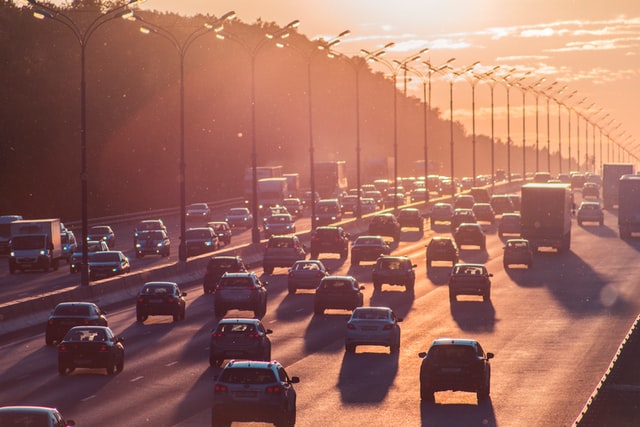The number of crashes is increasing. Traffic law enforcement is directly correlated with the number of accidents.
The more drivers who obey traffic laws, the safer all drivers are on the road.
The easiest way to keep the roads as safe as possible is for law enforcement to do their job and ticket those who break traffic laws by increasing speed, disregarding red lights or stop signs, or having a broken taillight.
Most minor violations will drop off of your driving record after a few years, meaning that you’ll need to commit multiple moving violations before they will affect your insurance rates.
If budget cuts continue, this may result in drivers ignoring traffic law enforcement and speeding more often.
What is traffic law enforcement ?
Traffic law enforcement is the use of police officers, traffic lights, and other technology to prevent drivers from breaking traffic laws.
Depending on the violation committed, fines may be levied by police.
How are traffic law violations enforced?
Traffic law violations are enforced by having police officers patrol areas where they suspect illegal activity, or by using technology such as red light cameras which automatically take a picture of the license plate of any car that goes through an intersection after the light has turned red.
Drivers who are caught violating traffic laws will usually receive a ticket.
The more major violations usually carry a fine and points against your driving record.
Objectives of traffic law enforcement :
1.To prevent minor violations from being dealt with by police officers.
2.To make sure that people know that speeding is a serious violation, and will result in a ticket and fines, which will be paid if they don’t resolve the problem.
3.To make sure that people are aware of the effects of speeding and how it can harm you and others, such as having car accidents.
4.To make sure that people who ignore traffic law enforcers are stopped, fined, and punished for their actions.
What are the causes of traffic law violations?
Money laundering. Drug trafficking. Sexual assault.
Other illegal activity can lead to a charge of traffic law violations, such as reckless driving and driving under the influence of drugs or alcohol, depending on the severity of the violation.
Police use technology to detect these types of problems at their source to prevent them from occurring in the first place.
Drivers may be charged with traffic law violations after being pulled over for another, less serious violation that leads to discovery of their involvement in drug or sex trafficking.
The second most common cause of traffic law violations is speeding.
People who drive too fast on the freeway have higher chances of getting into accidents than those who are not driving as quickly.
Drivers who speed may also be doing so because they believe that they’ll get to their destination faster and therefore save time.
However, this isn’t necessarily true because the faster a driver goes, the more likely it is that they will get into an accident.
People driving at highway speeds can sustain fatal injuries even if a crash is relatively minor and results in little damage to the car.
Importance of traffic law enforcement :
1. The most effective way to keep the highways safe is through regular traffic law enforcement.
2. Traffic law enforcement has reduced accidents by 54% over the last 10 years.
3. The best way to ensure that police continue to enforce traffic laws is through citizen support.
Call 911 if you see a driver breaking a traffic law, and call your representatives if you want to see more funds for police departments and better traffic law enforcement.

4. If budget cuts continue, drivers will have more opportunities to speed and other minor moving violations will drop off of their driving records more quickly, meaning that drivers won’t need to break multiple laws before they affect their insurance rates .
This could result in more speeding, which would increase the number of accidents.
5. Traffic law violations have increased by 30% over the last decade, which is a cause for concern because this is directly correlated with an increase in crashes.
6. If a driver breaks one of the most minor traffic laws-such as speeding 1-5 mph over the limit, not stopping at a stop sign or red light, or not having their headlights on-the outcome could be deadly.
Since these violations are so easy to commit, they should be met with strict punishment and fines.
7. Police officers are generally not very effective at enforcing minor traffic law violations.
This is because they must first be trained to enforce these laws before being put on the road, and because these violations don’t warrant much attention by the police in the first place.
8. Traffic law enforcement can help prevent drivers from breaking traffic laws, and it can also help drivers know when they have broken a law and how to resolve the situation, which will prevent future violations.